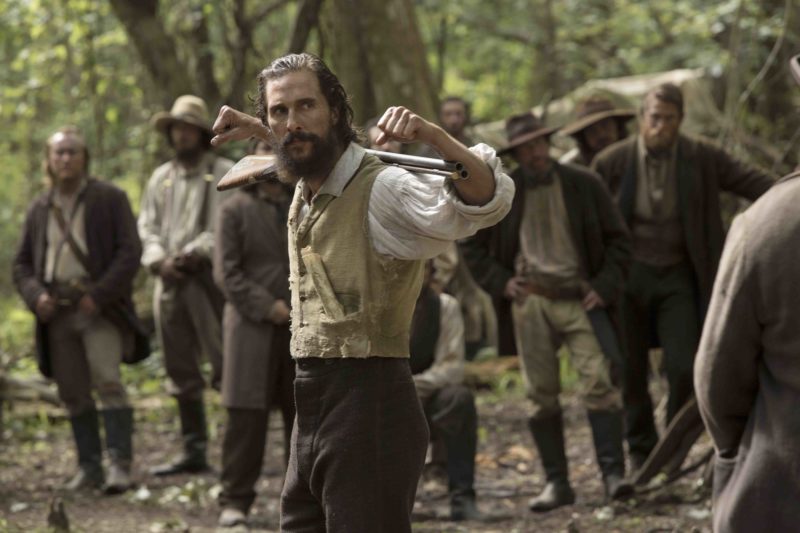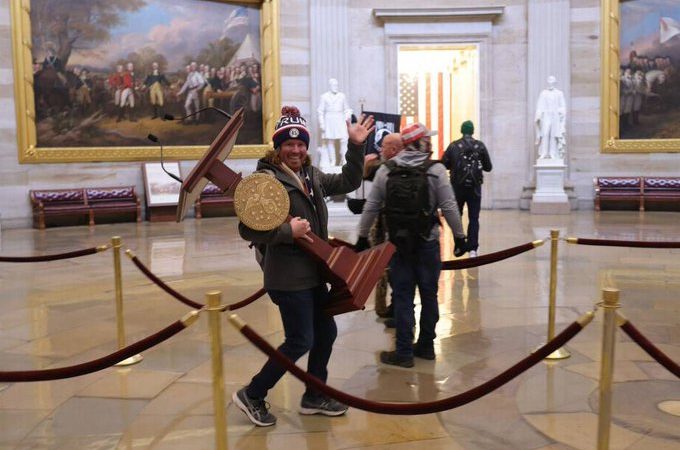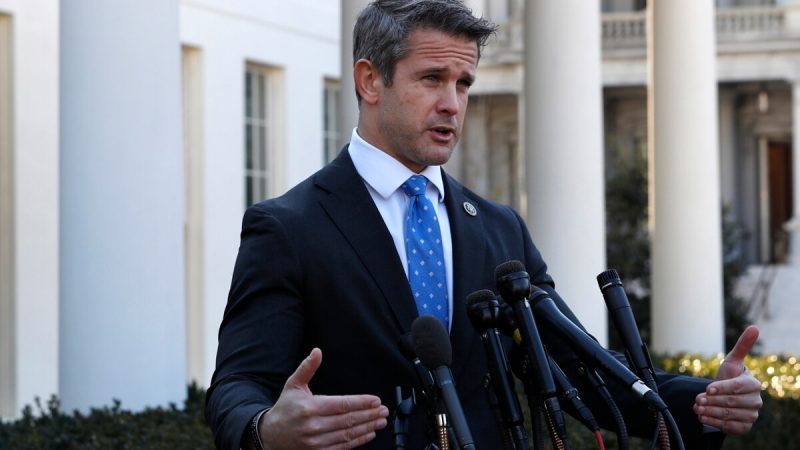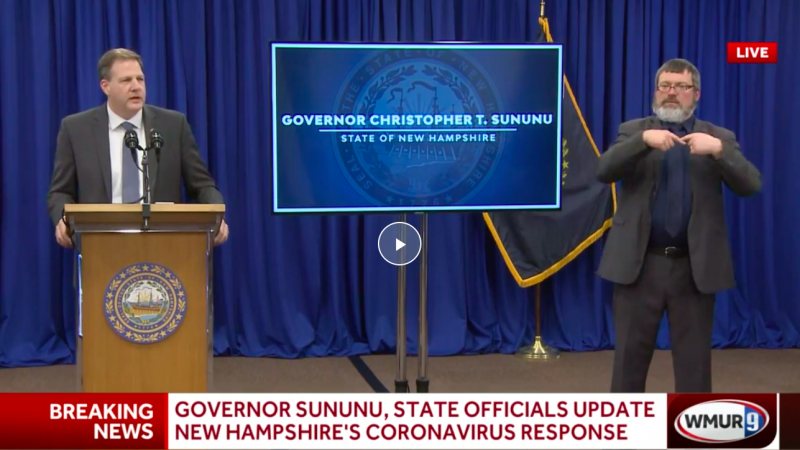‘Free State Of Jones’ Is Yet Another White Savior Movie, And Not Even A Good One At That

Leaving the theater earlier this week after a screening of Free State of Jones, I felt remarkably unmoved by what I had just seen. Considering that this was a film based on a fascinating and little-told tale of Southerners fighting against the Confederacy during the Civil War, you’d think that even if somewhat dry and academic, a story of this level would still be extremely interesting. And, to a degree, that is true with Free State of Jones.
However, after sitting on it for a bit, I realized why the movie didn’t click for me — it was yet another white savior film. Sure, Newt Knight really did exist. But, as presented by director/writer Gary Ross and lead actor Matthew McConaughey, Knight is nearly deified, and there are moments, especially towards the end, that place him front and center as the face of black struggle.
Now, the film starts off promising, giving us one of the more harrowing battle scenes put to film. (Think Saving Private Ryan meets Glory.) Knight is a battlefield nurse for a Mississippi unit, lugging the injured to doctors so they can get their legs chopped off. One day, a young relative, who went AWOL from another unit, tracks him down and asks for help. Knight, trying to sneak the boy back home during a battle, instead witnesses his death. He decides to desert the army in order to let the boy’s mother bury him properly.
After placing his kin into the ground, he reunites with his wife Serena (Keri Russell) on his farm, knowing that he’ll be hunted as a deserter. While trying to keep a low profile, he helps out his neighbors, who are being harassed by Confederate soldiers demanding their goods as a war tax. He also meets a house slave Rachel (Gugu Mbatha-Raw), who is sent in lieu of a doctor to help with his sick son. We’re provided a clumsy flash-forward at this time, taking us to a courthouse in 1948, where a Knight descendant is on trial for miscegenation in Mississippi, obviously cluing us in that Rachel and Newt have a relationship down the line.
The authorities catch up with Newt, and he makes his way to the swamps of Jones County to hideout, taking sanctuary with a group of runaway slaves. One of the slaves, Moses (Mahershala Ali), helps Newt with his hurt leg, and a bond is formed. Eventually, the ragtag group, with the help of Rachel, take on local slave-hunters, and their Robin Hood-esque organization suddenly grows. Local farmers, tired of being picked clean by the soldiers, along with other runaway slaves, join Newt’s gang in the swamps.
As the war lumbers on, Newt and friends hijack soldiers and authorities on the roads, taking back the goods and produce they’ve gleaned from the residents. Meanwhile, he dispenses with overt racism within the camp, telling the white farmers that all those in the group are equal, essentially integrating their little society. Down the line, the makeshift army is able to drive back the are soldiers, with Newt personally killing the commanding officer, allowing them to overtake the largest town.
However, despite the townspeople taking down the Confederate flag and raising an American one, they are unable to get any real support from the Union in their fight with the South. When it is discovered that 1,000 Confederate soldiers have been dispatched to take the town back, many of the men flee. For those remaining, Newt notifies them that they are now in the Free State of Jones, as they belong to no country and are independent. He then reads off a semi-constitution that is part-Bernie Sanders and part-Rand Paul.
Now, this feels like a climax, but we’re only halfway thru the flick, meaning that there’s a lot more story to cover. This is where the movie kind of comes off the rails. It goes from 1863 to 1865 in a few minutes, showing the end of the war. (Newt and gang went back to hiding in the swamps for nearly two years.) We then deal with 10+ years of Reconstruction, which Ross covers by essentially showing Knight being the White Jesus for the freedmen.
We get a bunch of title cards to educate us on the happenings during the time and to push the narrative forward. We also get predictable scenes of the Ku Klux Klan, voter suppression, simple-minded racism, evil government figures and broken promises. And, at the forefront, there’s Newt Knight, as the face of all that’s good and righteous, with anonymous black faces behind him.
Look, I get it. This is a historical biopic based on real-life events. Newt Knight was an idealist who believed in integration, interracial marriage and equal rights in a time and place where that would get you killed. I get it. It’s just that we’ve seen so many films in recent years where we only view the prism of racism, slavery and black struggle through the prism of whiteness, complete with a white hero. Free State of Jones just feels like more of the same old, same old.
In the end, this isn’t necessarily a bad film. It is a bit unevenly paced, and Ross is more interested in cramming in as much history as he can than in actually creating well-rounded characters, but it still has its moments. And, let’s face it, underneath it all is a very interesting story. Perhaps this would have worked better as an HBO mini-series, where one could spend more time on individuals, time periods and specific issues. That could have also made it that not so much facetime was given to McConaughey, but to the others involved.
Grade: C






